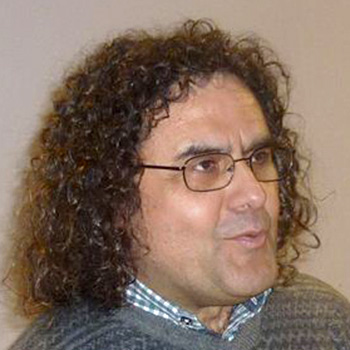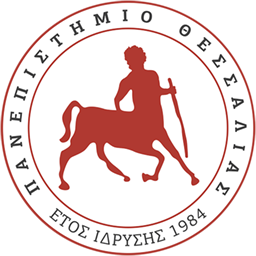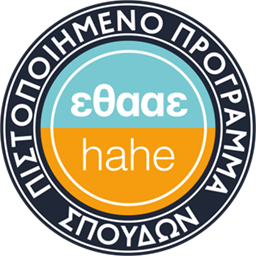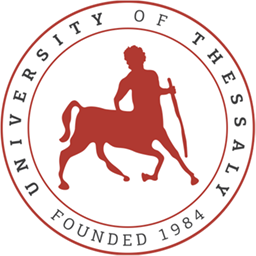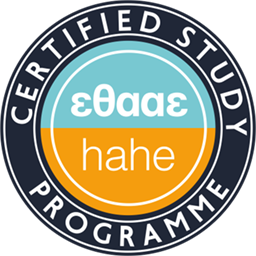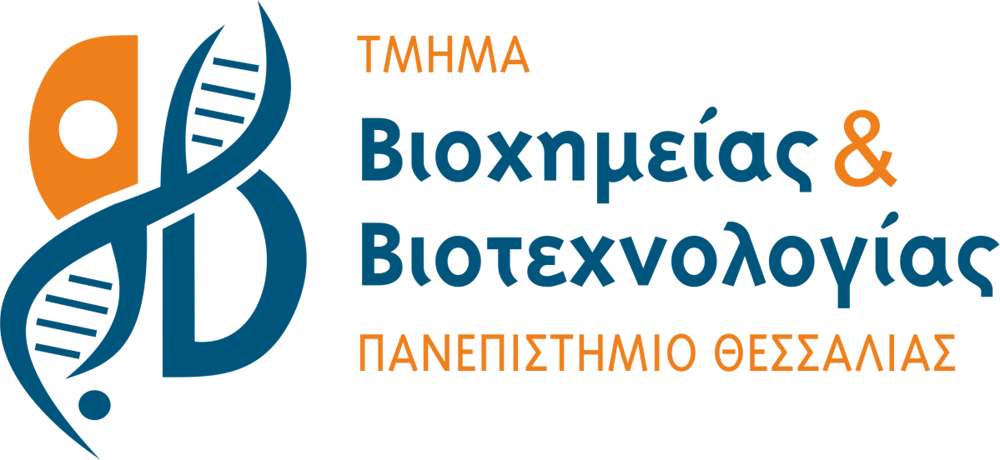Drugs in sports-antidoping control, and WADA regulations
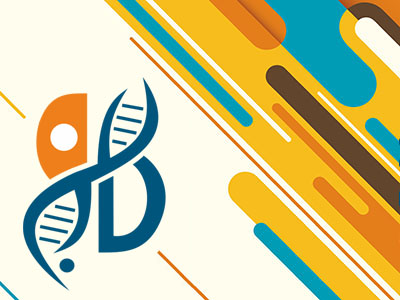
Theory: 2 hours/week | Tutorials: 2 hours/week | ECTS Units: 3
Content – Aim of the course
The main objective of the course is that the students obtain the fundamental knowledge and the principles of doping technology. Specifically, they will learn the regulations of the World Antidoping Agency (WADA) according to which an athlete is considered a user of prohibited substances. In addition, they will comprehend the biological action of the prohibited substances as well as methods according to the World Antidoping Code established by WADA. The students will also become informed about the analytical techniques and methods that are applied for the detection of the prohibited substances and methods in biological material obtained from athletes. Finally, the course will delve into the impact of antioxidant substances and food supplements on athletic performance offering concurrently, the basic knowledge on the relevant fields of redox biology and exercise biochemistry.
Analytical Description of the Course
- Introduction in doping.
- Doping and athletic ideal – Historical review.
- The World Antidoping Code and the regulations of WADA.
- Prohibited substances according to the Prohibited List of WADA.
- Prohibited methods according to the Prohibited List of WADA.
- Procedure of blood and urine collection from athletes for antidoping control.
- Detection techniques of prohibited substances and methods.
- Antioxidants, free radicals and athletic performance – Basic knowledge of redox biology and reference to relative publications.
- Food supplements and athletic performance.
- Visit at the Doping Control Laboratory in the Olympic Athletic Center of Athens “Spiros Louis”, where the students will be informed about the procedures of doping control and the legal issues of doping by the expert scientists of the field.
Assessment
The performance of the students is assessed through written exams (50%) and through a presentation of an article relative to the scope of the course (50%).
Reading Suggestions
- Σ. Χάντζος. Ντόπινγκ, από το σχολείο στο θάνατο, Κάκτος, 2004
- O. Rabin, Y. Pitsiladis. Acute Topics in Anti-Doping, Karger, 2017.
- J. Houglum, G. Harrelson, T. Seefeldt. Principles of Pharmacology for Athletic Trainers, SLACK, Incorporated, 2015.
- D. Thieme, P. Hemmersbach. Doping in Sports, Springer, 2010.
Teaching Material / E-class
Lecturers

Dimitrios Kouretas (Course Coordinator)

Aristidis Veskoukis
Assistant Professor, Department of Nutrition and Dietetics, University of Thessaly
